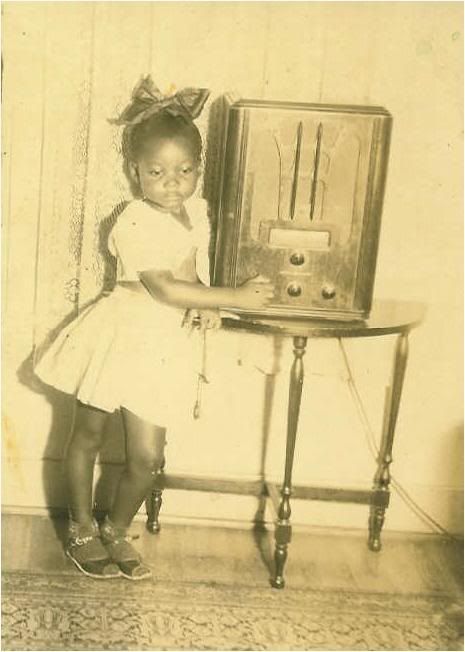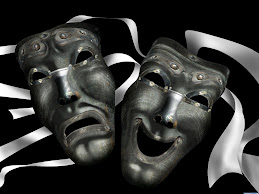- Eugene Ionesco

Photo by jokerras
As with all stories, radio drama begins with an idea. The writer or dramatist then takes this idea and crafts it into a dramatic script, ready for the storyteller. In 1927, short stories scripts were made ready for broadcasting, launching the birth of radio drama programs.
Radio drama (not to be confused with radio diaries ) encourages imagination and visualization. The descriptive language used to explain action, setting, characters , time and place, creates opportunities for the audience to produce vivid images for themselves. These images, which are different for everyone, can reach far beyond the imaginative stage sets created for the theatre . Not to mention a whole lot less expensive.
With no set, the storyteller or radio dramatist relies on other creative tools such as, sound effects and background music. Appropriate sound sequences and music choices will support the mood and set the tone of the story . However, caution should be exercised so as not to over do it. Too many sound effects will distract rather than enhance the story. Here are some other tips for successful dramatic storytelling.
The 4 PPPP'S of Storytelling:
- Posture- Do not sit slouched over. Hold your head up and sit/stand straight. Even if the audience can't see you your voice will project clearer.
- Pitch- Do speak calmly and in a strong voice. Do allow yourself to be excited during the excited parts. Don't keep your voice on one level.
- Pause- Do remember silence is an important tool. It will give your audience a chance to keep up with you. Do emphasize important sections of your story with ... pauses. Know your story well and don't um and ah.
- Pace- Do alternate between fast and slow sections and use volume to pace your story. Do use short sentences to heighten tension. This allows the audience time to envision the story in their minds. Always remember to not speak to quickly.
Broadcast courtesy of Gospel Unlimited and CJLO
The Golden Age of Radio Plays

Photo credit Michelle Evans
Popular in the 30's and 40's radio plays entertained the public with highly realistic storytelling. Perhaps the most adventuresome and most famous radio broadcast program of all time was the invasion of aliens in War of the Worlds on October 30th, 1938, performed by Orson Welles and his troupe, Mercury theatre .
As with playwrights , effective radio performances depend on many creative efforts. One such talent was Norman Corwin , a respected writer of many radio dramas who was inducted into the Radio Hall of Fame in 1993. Ottawa's Carleton University multimedia artist, Jeff Green , (also a Radio Hall of Fame recipient) has made an impact on radio theatre as well. His science fiction writings, Soundings and the award winning production of Somebody Talking to you have helped bring radio drama back into the limelight once again.


No comments:
Post a Comment